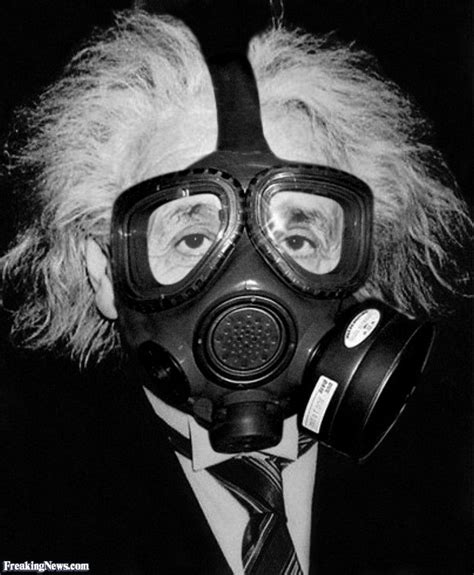By analyzing mice that had been first infected with SARS-CoV-2 and then with influenza A virus, the scientists found that having recovered from COVID had a protective effect against the worst effects of the flu, and that this memory response was coming from an unexpected corner of the immune system.
It turned out that epigenetic changes in macrophages—innate immune cells that are among the first responders to a threat—had developed a kind of “memory” following COVID that allowed these cells to mount a better defense against an unrelated virus. Immunological memory has long been thought to be limited to adaptive immune cells, though recent work has challenged this dogma. More intriguingly, what macrophages were remembering wasn’t unique to any particular virus.
The findings increase our understanding of innate immune memory and may enable researchers to exploit the phenomenon in new ways to create therapies that confer widespread protection against multiple viruses.


